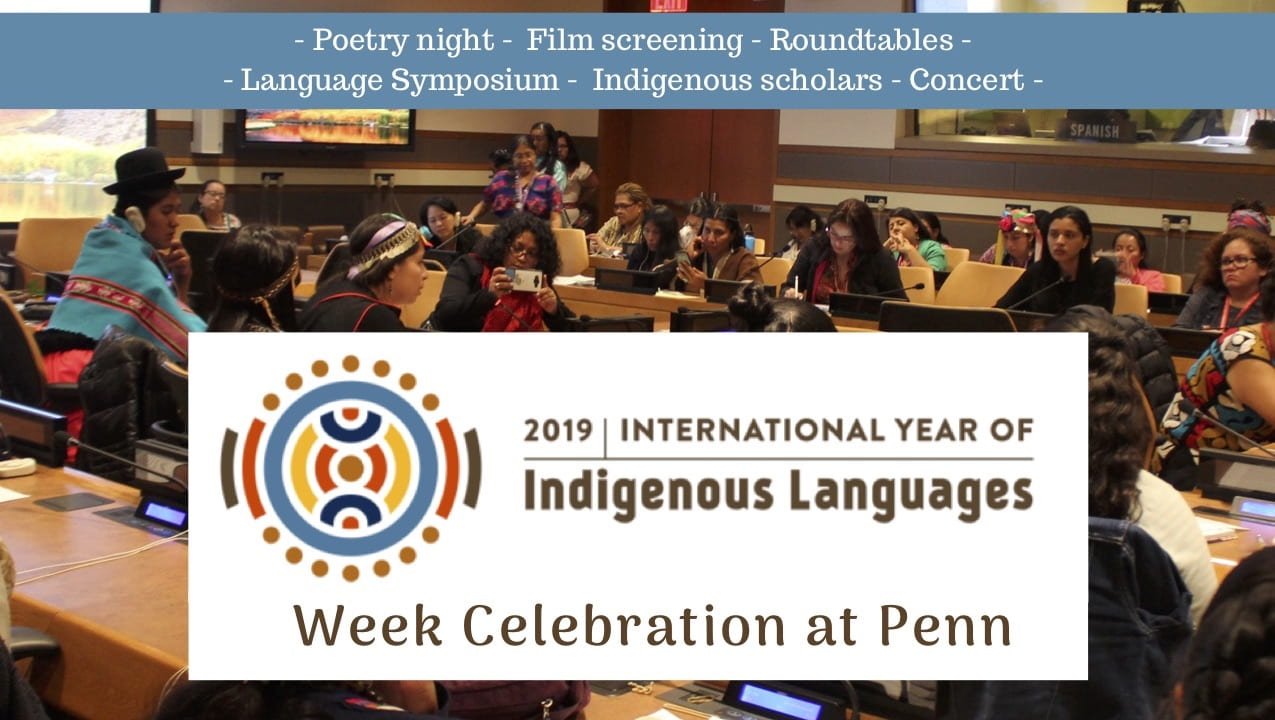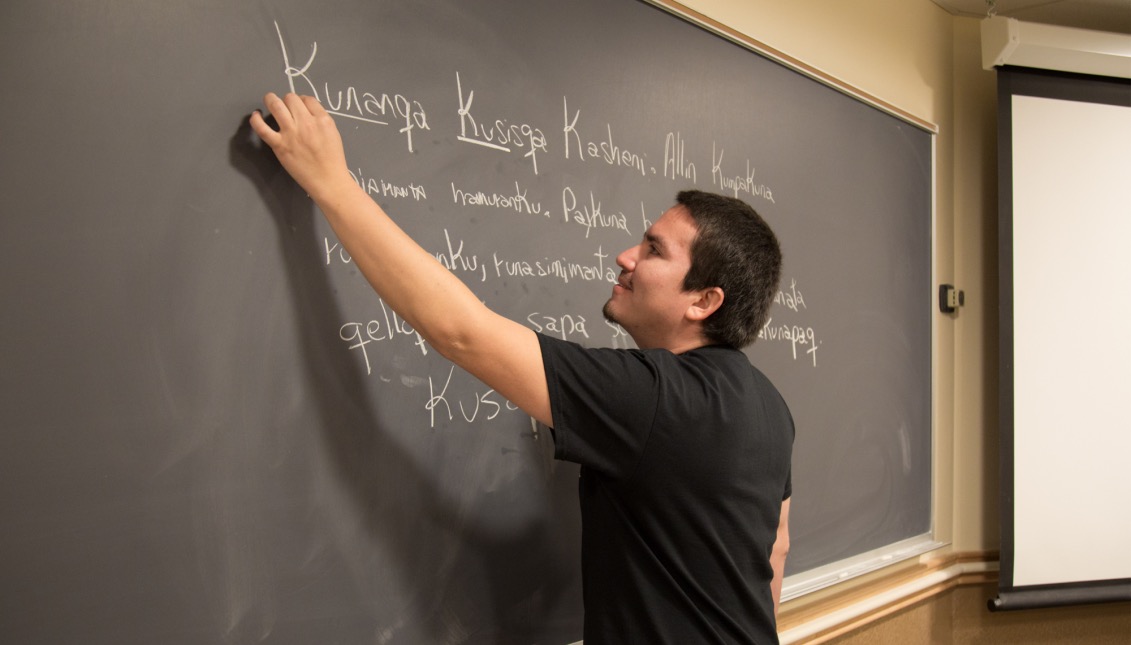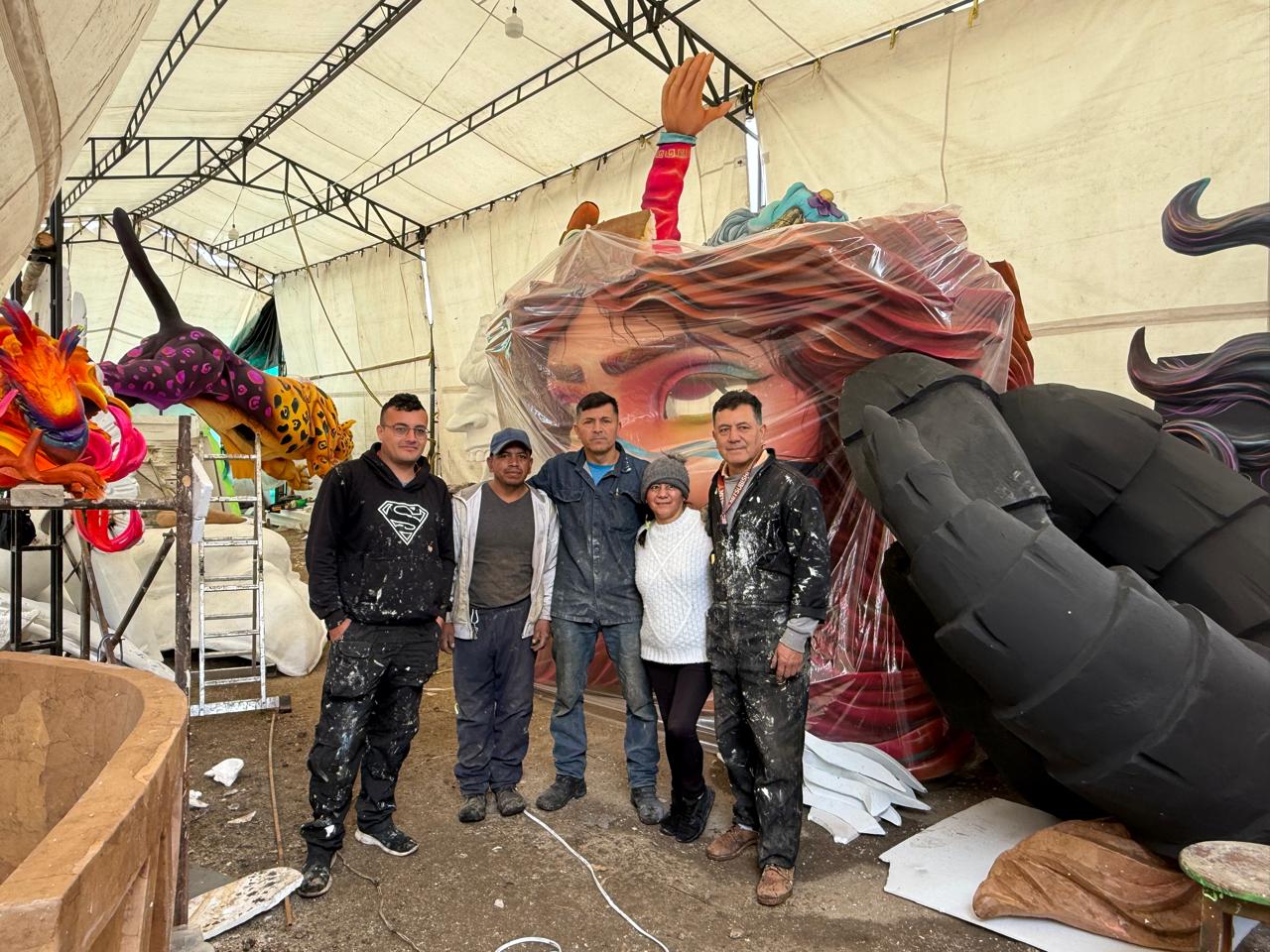
Indigenous languages week at UPenn highlights Quechua, Zapotec
The week-long programming celebrates indigenous writers and indigenous language use throughout the Americas and around the world.
In celebration of 2019 as the UN International Year of Indigenous Languages, the Quechua Language Program and Kelly Writers House at the University of Pennsylvania will host a series of talks, screenings, performances, discussions, and more from Oct. 26 - Oct. 31.
A day-long academic symposium on Oct. 26 will kick off the celebration, featuring workshops, a film screening of “Mother Tongue” and Q&A with director Gabina Funegra, an address from Diego Tituaña, a Kichwa diplomat from Ecuador, and a performance by the Andean music group Kuyayky.
Activities also include a screening of “Dizhsa Nabani” on Wed., Oct. 30. The award-winning documentary focuses on the Zapotec language and identity, and the ways in which many people have worked to preserve and revive use of the language in Mexico.
All events are free and open to the public, though some require registration in advance. Travel Awards are also available for college students who identify as Indigenous/Native American to be able to attend the events on the university’s campus.
RELATED CONTENT
To check out the full list of activities — including interactive visits to the Penn Museum, recording your ancestors’ languages, and more — visit the complete list here.

If you’re curious and want to learn more about Quechua literature, take a listen to the episode below of Literatura Oral, in which Professor Américo Mendoza-Mori, director of the Quechua Language Program at the University of Pennsylvania, discusses a seminal work by Peruvian writer José María Arguedas, and read this profile of Mendoza-Mori and his work from our archives.











LEAVE A COMMENT:
Join the discussion! Leave a comment.